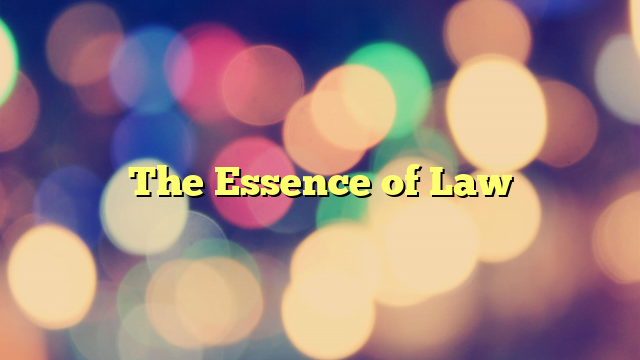The Controversial Punishment of the Death Penalty
The Controversial Punishment of the Death Penalty
In the day in day out creation and enforcement of laws by our government and law enforcement officials, it is a common occurrence for an issue to come up that is layered with emotional and moral questions. At the legislative level even today, our government is wrestling with issues involving cloning and stem cell research and trying to find a middle ground between the ethical, moral and religious issues versus the scientific benefit that might come from the practice.
One of the great debates has been ongoing in American society over it’s history has been over whether it is moral and right to use the death penalty as a punishment for heinous crimes. Whether one is for abolishing this form of punishment or on the side of using it as a just outcome for a criminal, there is no question that the issue itself is a difficult one to decide.
The arguments for or against the death penalty are often not offered from a legal point of view. The positions taken by those both for and against the law fall under a few general classifications…
. The argument from morality against the death penalty. That it is immoral for a just society to take a life, even if it is of a criminal who themselves have taken life.
. The argument from morality for the death penalty. That it is just for the life of one convicted of a heinous crime to lose their lives as a proper outcome of that crime. That certain crimes should always be defined as so grievous that the one committing this crime must not continue to live and that it is the responsibility of the legal system to remove such individuals from society via the death penalty.
. The argument that the death penalty does or does not constitute cruel or unusual punishment.
. The argument that God calls for the death of the murderer under the “and eye for an eye” statute from the Hebrew Old Testament.
. The argument that God calls for the forgiveness of even the murderer as part of the theology of the Christian New Testament.
. The argument from economy that it costs less to execute a criminal than to keep him or her in prison for life.
. The argument that the most heinous criminal could be rehabilitated to become a productive member of society.
. The argument from revenge, that the family of victims of heinous crimes deserve to see the killers of their loved ones executed.
. The argument from closure that for those same families and for society, seeing the death of a heinous criminal aids in the grief process by providing closure when we see the guilty properly punished.
It is easy to see why this issue is so emotionally charged and continues to be one of debate and dialog both at the governmental level and in political and religious circles.
It really isn’t rational to consider a law or the attempt by lawmakers to frame this issue into legislation as moral or immoral. In our representative form of government, those who would make laws have clear cut guidelines on how they will decide what will or will not become the law of the land.
The top level criteria for what becomes a law in this country is the will of the people. This can be difficult to determine especially in an issue that has fervent believers on both sides. The will of the people is not the sole criteria for a law as the electorate may not be aware of the legal grounds for a law or of the precedent in legal systems that were the background for our system of government. Again, reasons can be found in legal precedent that could be used to justify the legalization of the death penalty or the banning of it.
Finally law makers will turn to the consideration of the efficiency of a system of justice and in doing so try to determine if the death penalty is effective. There are almost as many studies to show that the death penalty does not reduce crime as show the opposite. It is similarly difficult to prove the executing criminals saves money compared to life in prison. But no matter what side of the issue we come down on, there is no question that this will be an ongoing debate in society for decades to come.
PPPPP 748


